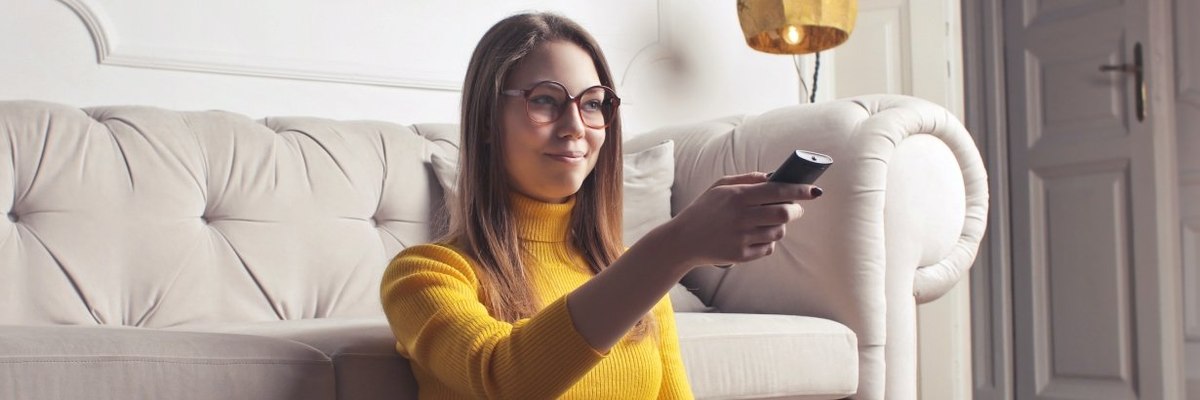Media has played a substantial part in forming opinions of the LGBT community among all Britons
June marks LGBTQ+ Pride month, and some are using the occasion to speak out on the lack of LGBTQ+ representation in some types of media and TV.
In new YouGov research among both LGBTQ+ Britons and the wider population, many cite media representation as a key factor in helping form opinions of LGBTQ+ people. However, while LGBTQ+ people tend to say they are shown positively in the media, they are much more likely to perceive their representation in media as unfavourable than the wider public.
Overall, 36% of LGBT+ people say lesbian, gay, and bisexual individuals are portrayed in a positive light in television, newspapers and films. Of the wider public, 43% say the same. Some 28% of LGBTQ+ people say lesbian, gay, and bisexual people are shown neutrally, as do 30% of all Britons.
However, 29% of LGBT+ Britons say that lesbian, gay, and bisexual people are generally shown negatively, compared to only 11% of the wider public who think the same.
While LGBT+ Britons tend to think lesbian, gay, and bisexual individuals are shown positively or neutrally overall, they do not say the same of the portrayal of transgender and non-binary people (TNB). Half of the British LGBTQ+ community think that TNB people are shown negatively (53%) – including 18% who say they are shown "very negatively". Among the whole public, around half as many (22%) say the same.
Only 19% of LBGT+ people see TNB people as shown positively and 20% think the coverage is neutral, compared to 29% and 26% respectively for the wider public.
This media portrayal is important, given that a substantial number of Britons as a whole (43%) say it has played a part in how they see LGBTQ+ people. This is higher than the number who say their own family (38%) and personal experience with LGBTQ+ people (32%) have helped form their opinions.
This 43% includes 26% who say TV documentaries have been important in forming their opinion of the LGBTQ+ community. Another one in five say TV news and dramas (20% each) have helped them form opinions, while 15% say films and 12% newspapers.
Among the LGBT+ community themselves, 51% say some form of media has been important in their forming of opinions of the queer community. However, unsurprisingly, a much wider proportion cite their personal experience (67%) as key in forming their view, with 54% also saying their friends and family.
See full results here






